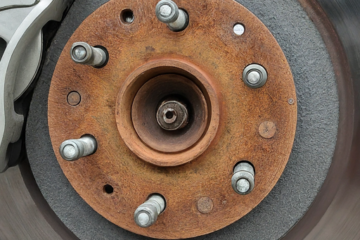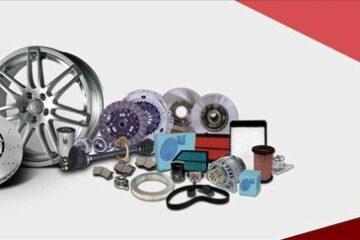Here’s what you can do to address the problem:
- Check for Visible Leaks: Inspect your vehicle for any visible oil leaks. Look underneath the car and around the engine bay. If you notice oil puddles or stains, it could indicate a leak that needs to be repaired.
- Monitor Oil Levels: Keep track of your oil levels regularly by checking the dipstick. If you consistently notice a significant decrease in oil levels between oil changes, it indicates excessive oil consumption.
- Look for Blue Exhaust Smoke: Excessive oil consumption can cause blue or grayish smoke to come out of the exhaust. If you observe such smoke during normal operation, it may indicate oil is being burned in the combustion chamber.
- Examine the PCV System: The Positive Crankcase Ventilation (PCV) system plays a crucial role in regulating the pressure and ventilation of the engine crankcase. A malfunctioning PCV valve or clogged system can lead to increased oil consumption. Inspect the PCV valve and associated hoses for any signs of damage or blockage. Replace them if necessary.
- Check the Oil Filter: A clogged or poorly functioning oil filter can restrict oil flow, leading to increased oil consumption. Ensure that the oil filter is clean and functioning properly. If needed, replace it with a new one.
- Inspect the Piston Rings: Worn or damaged piston rings can allow oil to seep into the combustion chamber, resulting in oil consumption. A professional mechanic can perform a compression test or leak-down test to check the condition of the piston rings.
- Valve Seal Inspection: Faulty valve seals can allow oil to enter the combustion chamber, causing oil consumption. A mechanic can inspect the valve seals and replace them if necessary.
- Consider the Driving Style: Aggressive driving, such as rapid acceleration or high-speed driving, can contribute to increased oil consumption. Practice smooth driving habits and avoid excessive engine revving.
- Follow the Manufacturer’s Recommendations: Ensure that you are using the correct type and grade of oil recommended by the vehicle manufacturer. Using the wrong oil can lead to increased consumption. Also, follow the recommended oil change intervals.
- Consult a Professional: If the oil consumption issue persists or you are unable to identify the cause, it’s advisable to take your car to a qualified mechanic or dealership. They can conduct a thorough inspection and diagnosis to pinpoint the exact problem and recommend appropriate repairs.
Excessive oil consumption can indicate serious engine issues, so it’s crucial to address the problem promptly to avoid potential damage and ensure the longevity of your vehicle.



